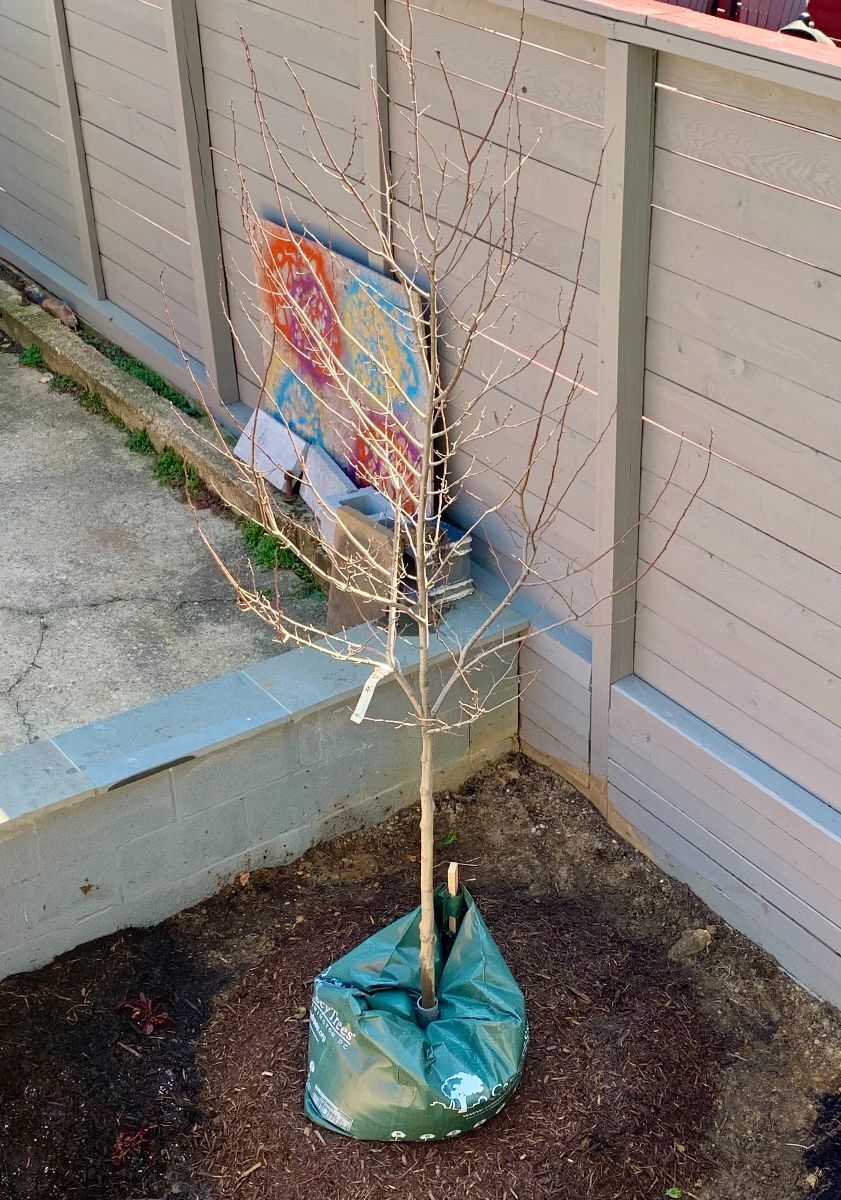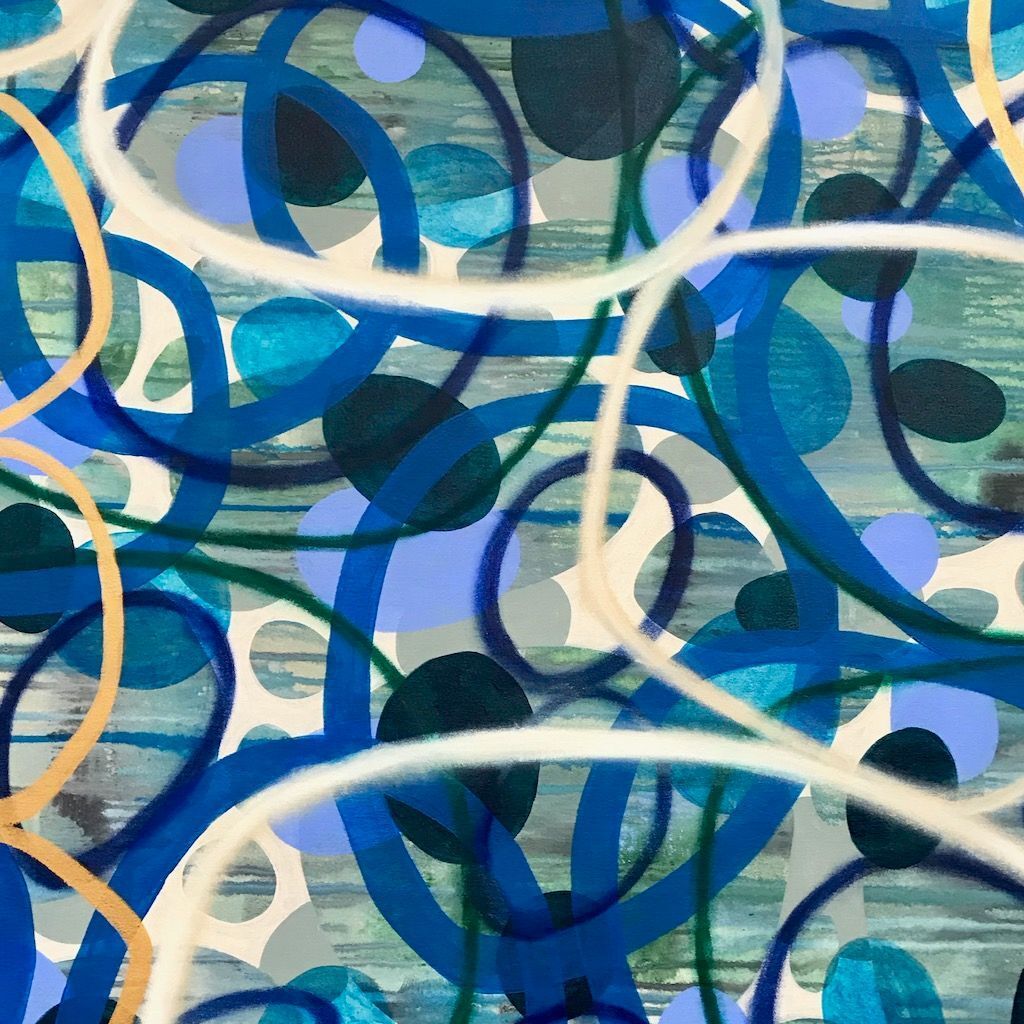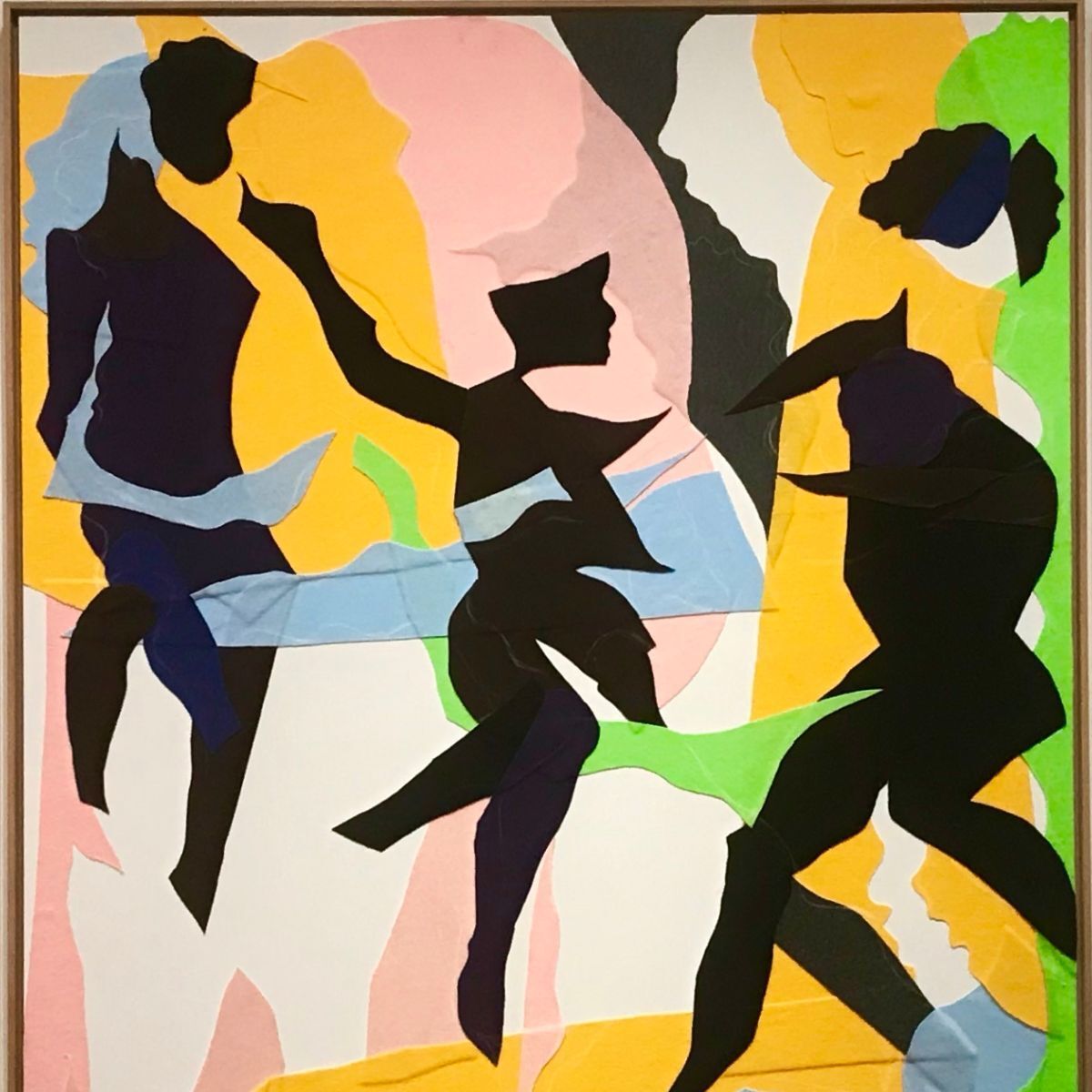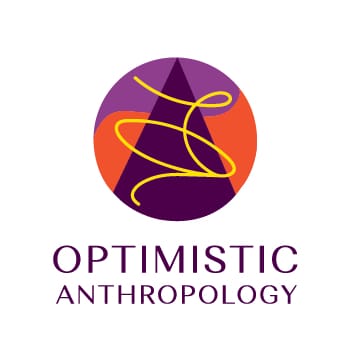- Optimistic Anthropology
- Posts
- The Optimistic Anthropologist Volume 35
The Optimistic Anthropologist Volume 35
It's been a minute! Or 149,760
MARCH 2021 | VOLUME 35
Dear ,
It’s been a minute – or actually three-and-a-half months! And it’s nice to be back sharing learning and connecting with all of you. Part of the reason that this newsletter has been on hiatus is that my heart and mind have been consumed with new bodies of work. I’ve been:
developing a curriculum and teaching a course on Multi-Sector Strategic Partnerships & Financing Solutions at the Presidio Graduate School ;
providing strategic advising to 10 teams at a large university who are focused on developing transformational initiatives for racial equity;
refreshing and expanding my Emergent Learningskills as part of an intensive learning cohort (more on that below too); and
tending to some newly planted native species including a tree (affectionately named Norman the Hornbeam) here at Optimism House.
The concept of time feels ever present. And it’s not entirely surprising because we are living in a period where time feels different than it did before.
There is an incredible sense of urgency and in the world – both with coronavirus and the many longstanding issues – racism, economic inequality, underfunded and neglected public infrastructure, climate change - it has laid even more bare. And at the same time, our responses don’t feel urgent enough.
There are many things that have contributed to why our collective response to urgent problems is often slow and insufficient. And our cultural values and dominant mental models of efficiency and productivity and achievement and milestones are often at odds with the work and pacing required to make transformational, systemic change.

This conflict is showing up in so many places my work touches - including in the conflict between learning and assigning grades to students. And yet, I continue to see evidence of how students and professionals alike are opened up to new possibilities when they develop and nurture trusting relationships. And how taking the time to learn - from other
practitioners working on the same problems and in adjacent spaces; about the history and mindsets and policies and values that shaped the problems they are trying to solve; from movements of the past and the present - increases people's capacity to develop effective and implementable solutions with others for the future. And it also can't happen on a pat timeline.
This is not to say that urgent problems don’t require urgent responses, just that transformational, systemic change is not fast work. It is the result of years of effort built on relationships, understanding how the current reality took shape, and trying out approaches until we identify the ones which are most effective at yielding meaningful change.
And in order to get there, it will require letting go of some of our deeply help cultural values and mental models around time. I think that there is no time like the present to get started.

Be well, do good, and keep eachother safe,
P.S.
I always welcome your feedback, a
,
or chance to catch up about work you have brewing. Feel free to
!
LATEST

This year, our founder Alison Gold was invited to do something she's never done before, design and teach a graduate school class on Multi-Sector Strategic Partnerships. She decided to use a learning question to help guide her curriculum design:
In this blog post (the first of what we hope will be a series), she shares about the course
philosophy, framing on multi-sector partnerships, modules, and learning objectives that she developed to form the scaffolding of the course.

Our Chief Optimistic Anthropologist,
was really fortunate to be introduced to the practice of Emergent Learning by the amazing folks who developed it at
back in 2013-2014. And for the first half of this year, she's refreshing and deepening her skills by participating in their
.
Interested in learning more about Emergent Learning? Check out
or a blog from our archives entitled
THE RIGHT PEOPLE ON THE BUS: JOBS, RFPS, AND FELLOWSHIPS FOR MARCH 2021

Folks we know are recruiting for a lot of cool things! Each month, we share
, a monthly round-up of job, consulting, and fully- funded fellowship and accelerator opportunities that people and organizations connected to Optimistic Anthropology are recruiting for.
(our list reaches ~1300 great people!)

GOOD LISTENS & WATCHES FROM Q1 of 2021
We love music, podcasts, movies, tv, and documentaries! And we see connections between all kinds of culture and the work we do. Here's what we have been listening to and watching during the first quarter of 2021!
According to Need - In this six episode limited podcast series, reporter Katie Mingle takes a deep dive into understanding the Homelessness Services system in Alameda County, CA. It's such a powerful exploration of how the system came to be structured this way and the humanity of the people working within it and seeking support from it, Alison even assigned it as a case study for her grad students.
Ear Hustle: The Bells - As the end of 2020, 1 in 5 people who are incarcerated in the U.S. had tested positive for COVID-19. This episode explores stories from outbreaks in California prisons, and remembers the more than 100 people who had died at that point in time.
It's Been a Minute with Sam Sanders: The (Not So?) Wonderful World of Disney. Sam talks to filmmaker and activist Abigail Disney about her views on inequality in the U.S. and corporate greed.
Post Reports: Four Hours of Insurrection. DC is my chosen home and the HQ of Optimistic Anthropology. So the January 6 insurrection at the U.S. Capitol felt really different here. The Washington Post reconstructed events based on audio they had from reporters on the scene, and put it out just 9 days later. It's harrowing, and I encourage folks to listen.
The Allusionist Ep. 129: Sorry. Apologies are so important. Why are so many of them so bad?
Looking for a few things that are lighter in subject matter? I've been enjoying listening to the podcast Phoebe Reads a Mystery (particularly when she reads Agatha Christie); Korean TV dramas Crash Landing On You, It's Okay Not to Be Okay, and Something in the Rain; and the stunning animated film Song of the Sea.


ABOUT OPTIMISTIC ANTHROPOLOGY

helps organizations and cross-sector collaborations trying to solve some of the world's toughest problems - racism, genocide, poverty - answer two critical questions: 1) How did our current reality come to be? and 2) What will it take to shape a positive and equitable future?
Cooking up something and could use our help?
.
Connect with Optimistic Anthropology






Reply